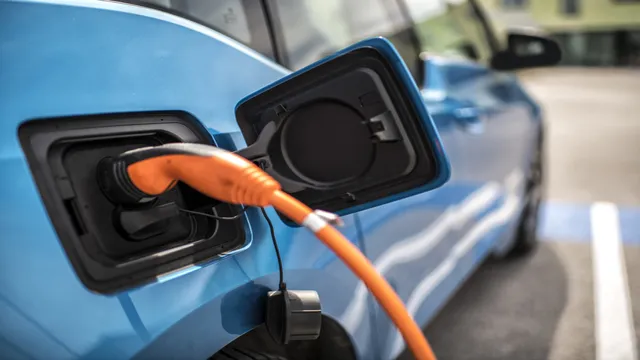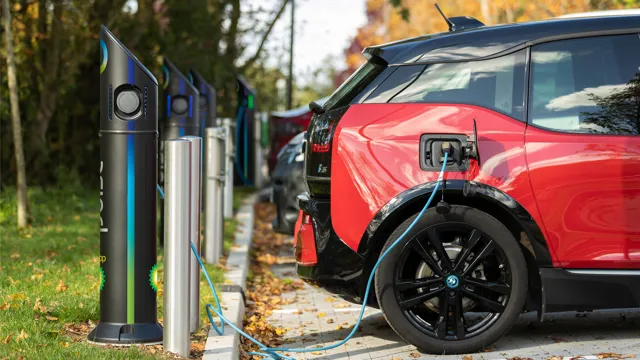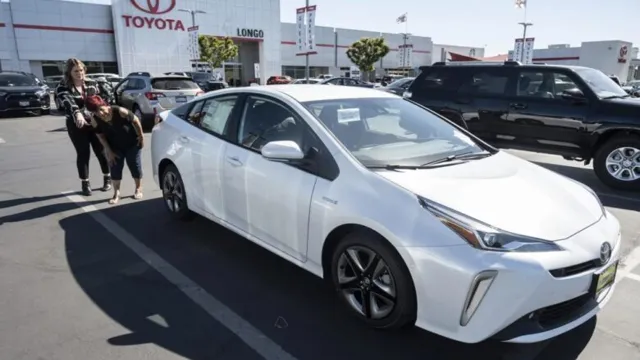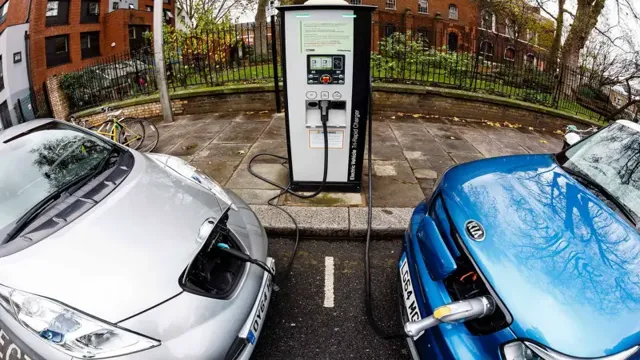Benefits And Disadvantages of Electric Cars: Key Insights
Electric cars are becoming popular. They are different from regular cars. They use electricity instead of gasoline. This change brings many benefits. But there are also some disadvantages. Let’s explore them.
What are Electric Cars?
Electric cars run on electric power. They have big batteries. These batteries store energy. When you drive, the car uses this energy. This is different from gasoline cars. Gasoline cars burn fuel to run. Electric cars are cleaner and quieter.
Benefits of Electric Cars
1. Environmentally Friendly
Electric cars help the environment. They do not produce harmful gases. Gasoline cars release smoke. This smoke pollutes the air. Less air pollution is good for everyone.
2. Lower Fuel Costs
Electric cars cost less to charge. Charging is cheaper than buying gas. Many people save money on fuel. This is a big benefit for families.
3. Less Maintenance
Electric cars have fewer moving parts. They do not need oil changes. This means less money spent on maintenance. Many drivers like this benefit.
4. Quiet Operation
Electric cars are very quiet. They make less noise than gasoline cars. This makes driving more peaceful. It also helps reduce noise pollution.
5. Incentives And Rebates
Many governments offer incentives. These can be tax breaks or rebates. This makes electric cars cheaper to buy. It encourages more people to switch to electric.
6. Smooth Driving Experience
Electric cars have instant power. When you press the pedal, they go fast. This makes driving exciting. Many drivers enjoy this smooth experience.
7. Energy Independence
Electric cars help reduce dependence on oil. Countries can use their own energy sources. This is better for national security. It helps reduce the need for oil imports.
Disadvantages of Electric Cars
1. Limited Range
Electric cars cannot go as far as gasoline cars. They have a limited range. Most electric cars can drive 100 to 300 miles. This may not be enough for long trips.
2. Charging Infrastructure
There are not enough charging stations. Some areas have few options. This can make charging difficult. Drivers need to plan their trips carefully.
3. Longer Refueling Time
Charging an electric car takes longer than filling gas. It can take 30 minutes to several hours. Many people want faster options. This is a drawback for electric cars.
4. Higher Initial Cost
Electric cars can be more expensive. The price of batteries is high. This makes the overall cost higher. Some people cannot afford this initial expense.
5. Battery Lifespan
Batteries do not last forever. They can lose capacity over time. This means shorter driving ranges. Replacing batteries can be expensive.
6. Environmental Concerns Of Battery Production
Making batteries can harm the environment. Mining for materials like lithium is not good. This raises concerns about battery production.
7. Limited Model Choices
There are fewer electric car models. Some people want more options. This can make it hard to find the perfect car. Many drivers prefer a wider choice.
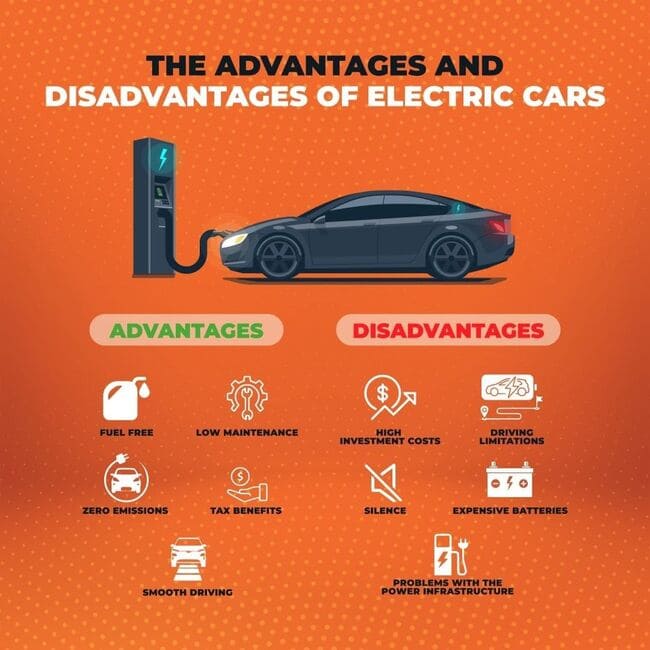
Frequently Asked Questions
What Are The Main Benefits Of Electric Cars?
Electric cars offer lower running costs, reduced emissions, and quiet operation. They can also qualify for tax incentives.
What Are The Disadvantages Of Electric Cars?
Disadvantages include limited range, longer refueling times, and fewer charging stations. Battery replacement can also be costly.
Do Electric Cars Save Money On Fuel?
Yes, electric cars typically cost less to fuel than gasoline vehicles. Electricity is cheaper than gas in many areas.
How Long Do Electric Car Batteries Last?
Most electric car batteries last between 8 to 15 years. Regular maintenance can help extend their lifespan.
Conclusion
Electric cars offer many benefits. They are good for the environment. They can save money on fuel and maintenance. But they also have disadvantages. Limited range, charging issues, and higher costs are concerns.
Choosing an electric car is a personal decision. It depends on your needs. Consider your driving habits. Think about your budget. Weigh the benefits and disadvantages.
As technology improves, electric cars may get better. More charging stations may appear. Prices may drop over time. The future of electric cars looks bright. But it is important to understand both sides.

Frequently Asked Questions
1. Are Electric Cars Good For The Environment?
Yes, they produce less pollution. This helps keep the air cleaner.
2. How Far Can Electric Cars Drive?
Most can drive between 100 and 300 miles on a charge.
3. Can I Charge An Electric Car At Home?
Yes, you can install a charger at home.
4. How Long Does It Take To Charge An Electric Car?
Charging can take from 30 minutes to several hours.
5. Are Electric Cars More Expensive Than Gasoline Cars?
Yes, they can have a higher initial cost.
6. What Happens To The Battery When It Dies?
Batteries can be replaced, but it can be costly.
7. Will Electric Cars Become More Popular?
Yes, as technology improves, more people may choose them.
Final Thoughts
Electric cars have both pros and cons. They can be a great choice for some people. But they may not be right for everyone. Understanding the benefits and disadvantages is important. Take your time to decide. The right choice will depend on your needs.
